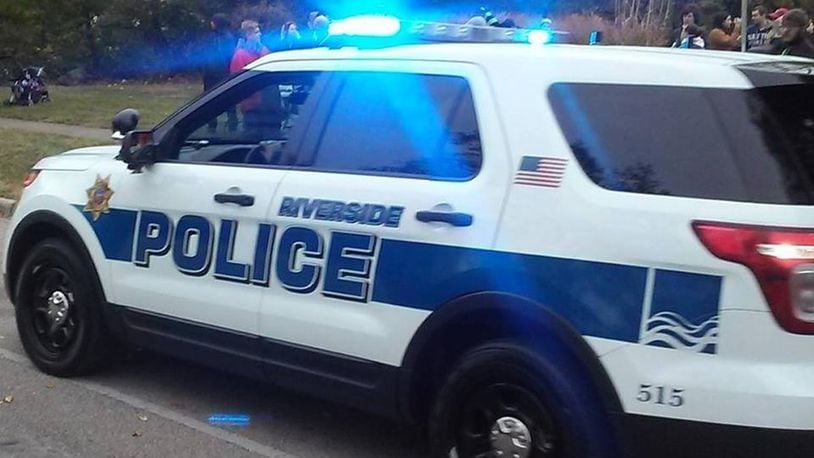Kettering has offered a similar program for nearly a year, attracting about 90 residents who have signed up so far.
Experts interviewed by the Dayton Daily News said the programs can offer advantages for residents and police, but encouraged residents to understand their rights before signing up.
“We continuously try to get our residents involved in helping us,” said Patrol Officer Nick Toscani. “Residents can be our eyes sometimes.”
When a resident or business registers their camera with police, the information will go into a searchable database that officers can use in the field. Information stored will be the name of the resident or business, address, phone number and email.
If a crime occurs in a neighborhood, police can look at the database and see who has a camera in the vicinity of the incident. Officers can then call the resident to ask to meet and get access to the camera footage.
“It’s another tool on our tool belt,” Toscani said.
Those who do sign up can receive tips from officers on the best areas to place a camera. Officers will also answer any questions or concerns residents might have.
Experts said it is good to ask questions.
“I think this program has the potential for success,” said Thaddeus Hoffmeister, a University of Dayton law professor and legal expert. “The key is educating residents and businesses about potential privacy issues. Anyone who participates should do so with their eyes wide open and ask plenty of questions.”
Those questions, Hoffmeister said, could include how video will be used, what access third parties will have to it.
“Will they retain ownership rights of the video, how long will the video be kept and by whom, and will anyone attempt to monetize the video?” Hoffmeister said.
Riverside officials said the length of time a video is kept would depend on the type of case and how long it lasts. Other factors include potential appeals and records retention rules if it is entered into evidence.
Security cameras catch more than many residents realize.
“Because of technology getting better and better, it’s making this possible,” Toscani said.
In Kettering, for example, the program has had direct results in at least two cases, Public Information Officer Joe Ferrell recalled.
In one incident, an elderly woman was attacked in a home invasion. Two suspects were caught on a neighbor’s security camera and were later arrested, Ferrell said.
“We are hoping that as we build our database, that it will become more of the norm,” Ferrell said.
Police get emails of interest weekly from residents to sign up for the program, he said.
The Clark County Prosecutor’s Office and Middeltown Police have similar programs in place for its residents and businesses.
Riverside’s plan began in early 2018 with the idea of another way to bridge the gap between police officers and the community.
Toscani and Maj. Matthew Sturgeon are leading Riverside’s program. Toscani says he believes it will do well because “a lot of the people support us in the community.”
The program will help speed the process of investigating a crime, Sturgeon said, reducing the time officers spend walking the neighborhoods, searching to see who has cameras installed.
Warren County defense attorney David Chicarelli also believes the program will help cases get resolved quickly because footage will be readily available.
“A lot of instances, I have innocent clients, and security cameras proves that,” said Chicarelli, who also fills in as a prosecutor at times and is in a practice with his father in Franklin.
Chicarelli and Hoffmeister both believe the program could have helped speed along the investigation into Cheryl Coker’s disappearance. Police had obtained video footage from the area near the Coker’s home but with this program, it might have saved time.
Coker disappeared in early October, and this month police said they now consider the case a homicide.
Officers noted the program does not cost the taxpayers money. Riverside introduced the program Friday on the city’s and police department’s pages. By Friday evening, the department had residents calling and asking about it.
Residents or businesses that want to sign up for the program or ask questions can call or email the department. Call Riverside Police at 937-233-1801 option 3, or email Sturgeon at mstrugeon@riversideoh.gov or Toscani at ntoscani@riversideoh.gov.
About the Author
